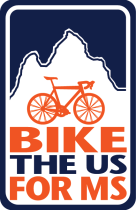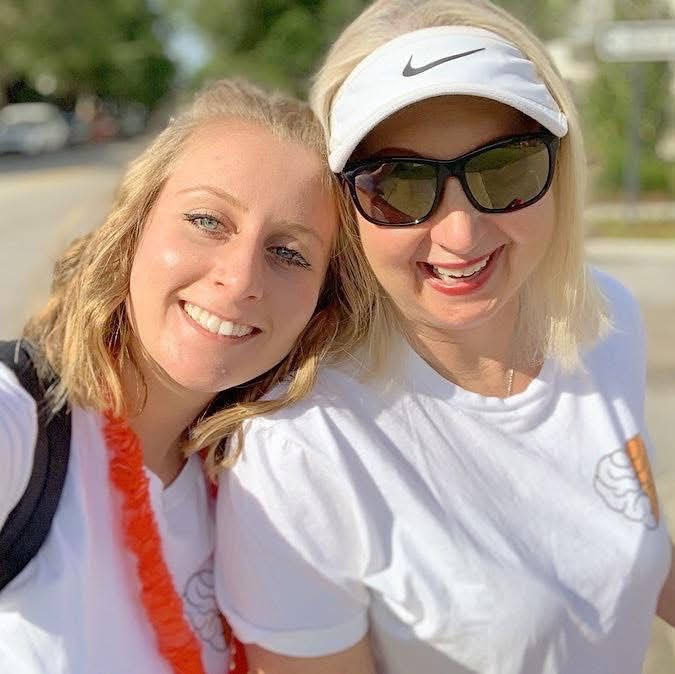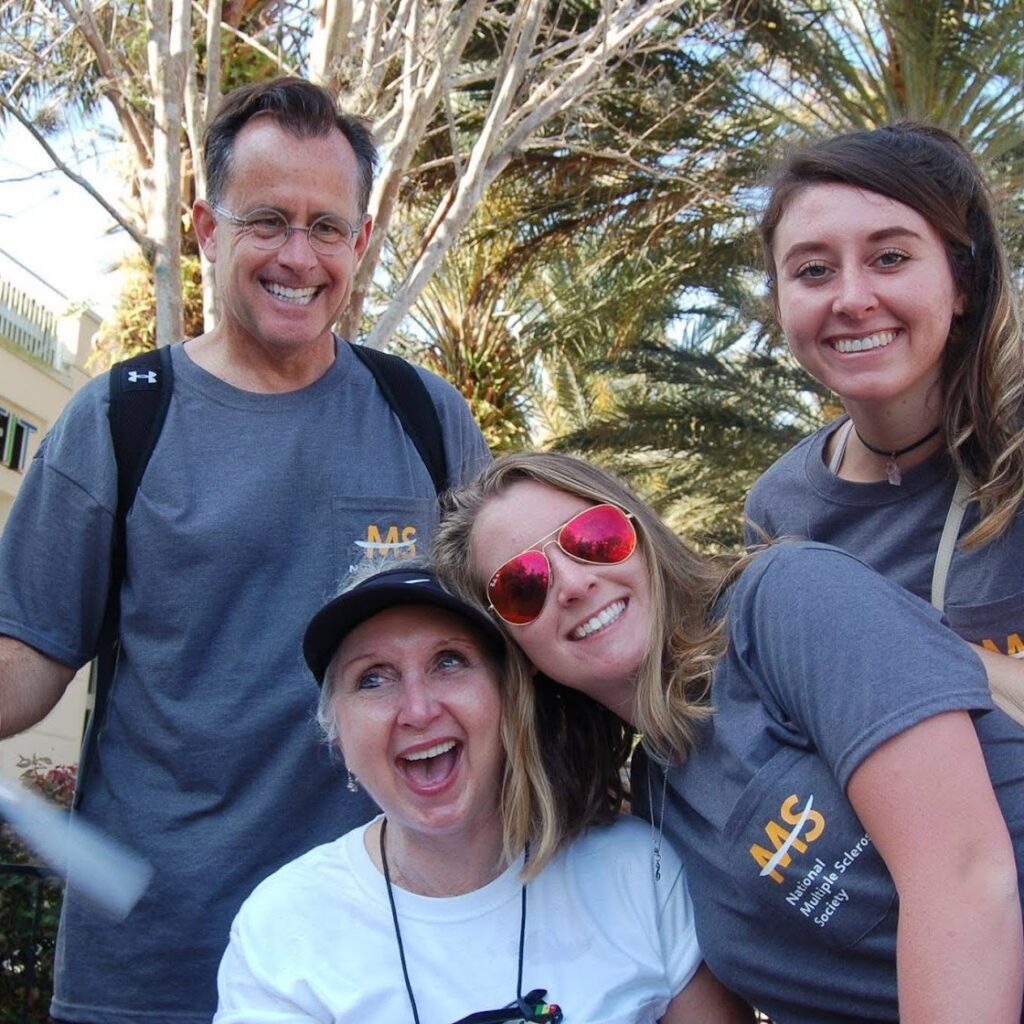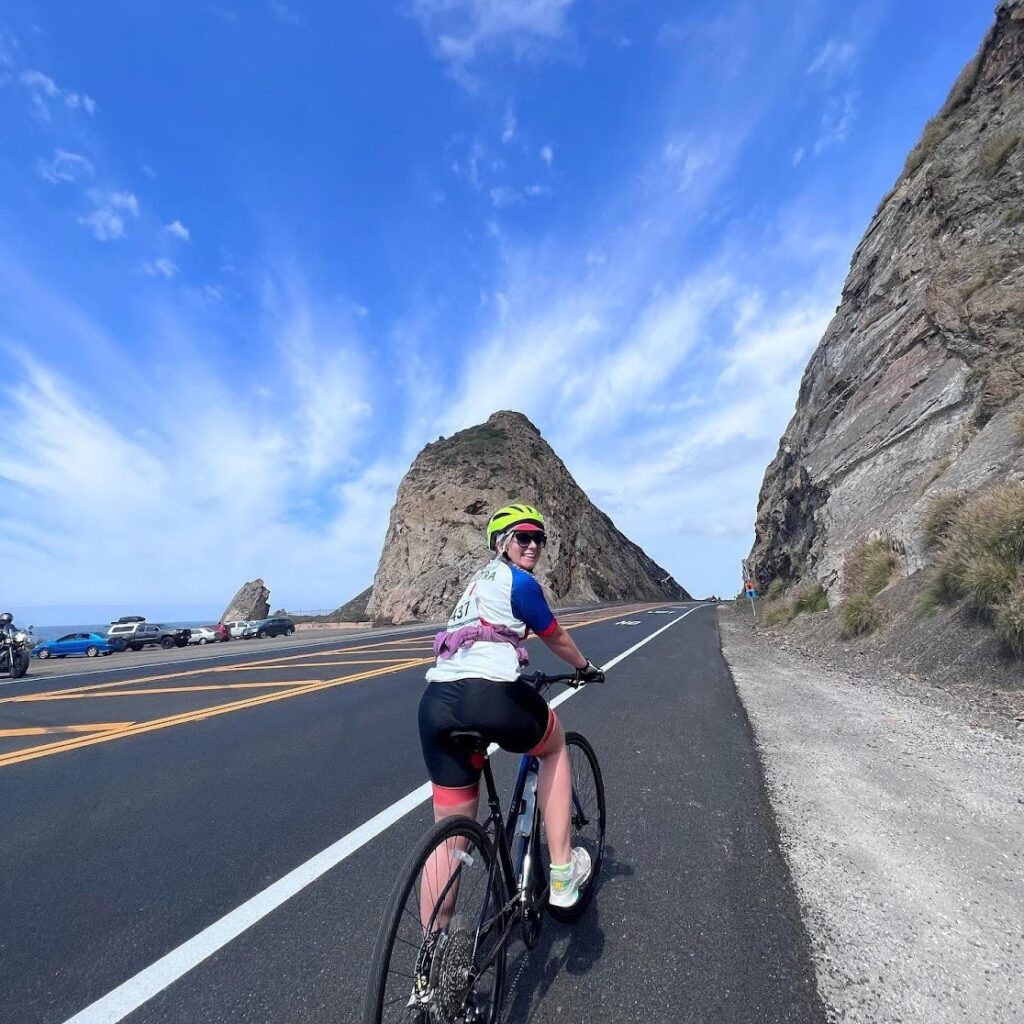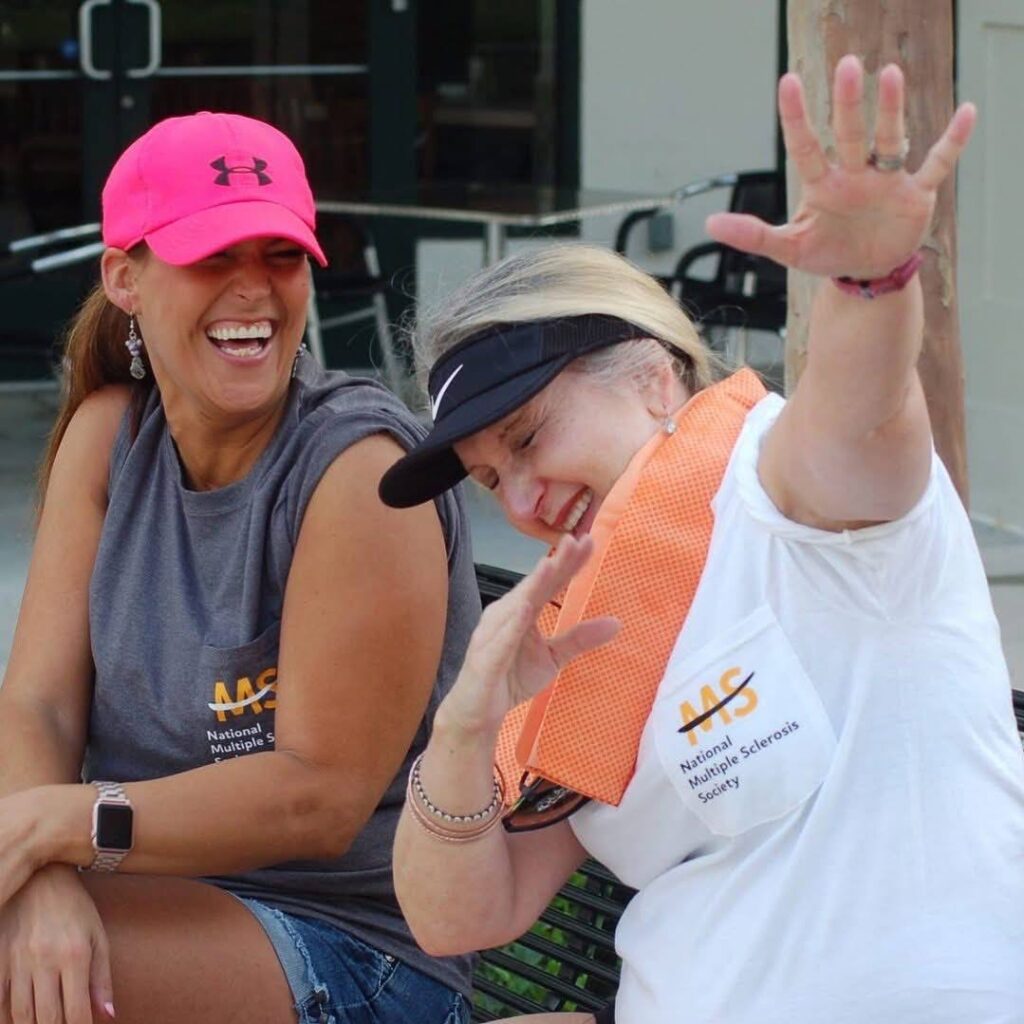Winter is in full swing, and if you’re anything like us at Bike the US for MS, you’re dreading the first long rides of summer where you curse yourself for not keeping in better cycling shape over the colder months.
Whether you’re training for a long-distance cycling trip or just keeping up your fitness, it’s important to get yourself into the saddle even when it’s the last thing you want to do.
Beat the winter slump with these tips to make cold-weather training more enjoyable and effective:

Layer Up
Treat yourself to some high-quality winter cycling gear like waterproof gloves, a helmet liner, and a lightweight shell. The technology for waterproof- and windproof-yet-breathable fabrics keeps getting better and better, so long-gone are the days of turning your plasticky jacket into a sauna on a tough ride.
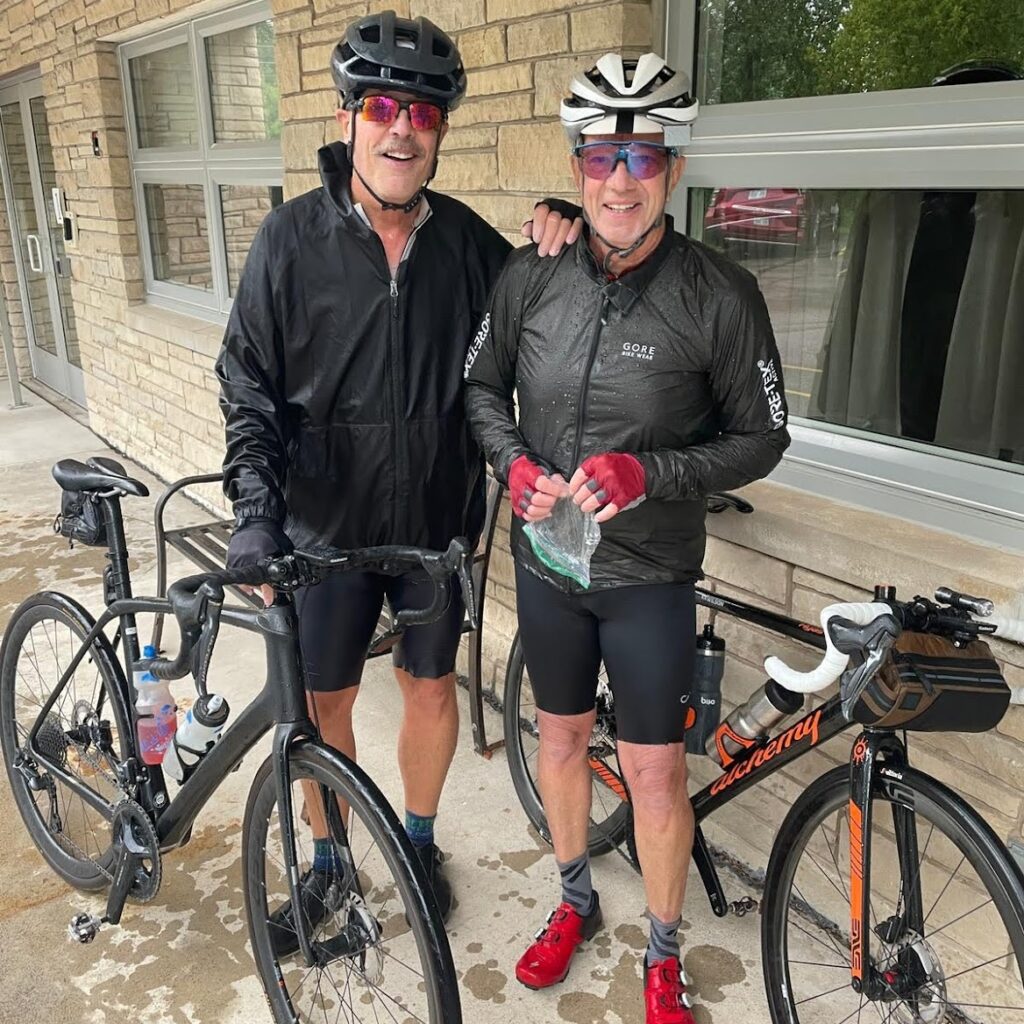
Get a Riding Buddy to Hold You Accountable
Make plans with a friend or a group of riding buddies to increase your likelihood of getting yourself out for a winter ride – you’re more likely to stick to your guns if other people are holding you to it. Keep an eye on the weather for sunnier or less-frigid days and block out a time for a ride together.
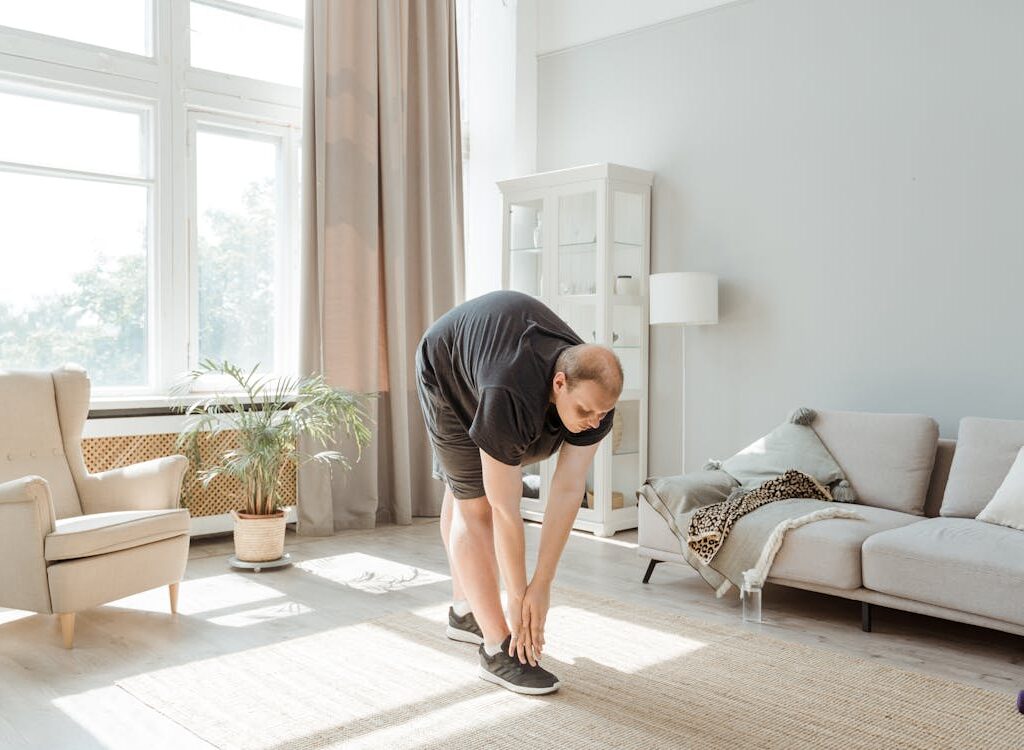
Get Your Blood Pumping Indoors First
If the thought of getting off the couch and braving the cold gives you the shivers, warm up by putting on your cycling gear and doing some jumping jacks, lunges, jump squats, and jogging in place in your living room. You might get some strange looks from family members but we promise it’s not as stupid as it sounds! You’ll be ready to get outside into the cold once you work up a sweat.

Incentivize Yourself
Ride to a warm brunch spot or coffee shop with friends, or treat yourself to a cozy holiday cocktail after a long ride. Think about how much better than normal a warm shower will feel after you dry off your bike and peel off your layers. If you need bigger stakes to get motivated, sign up for a long-distance ride this spring or summer that will give you no choice but to train this winter!
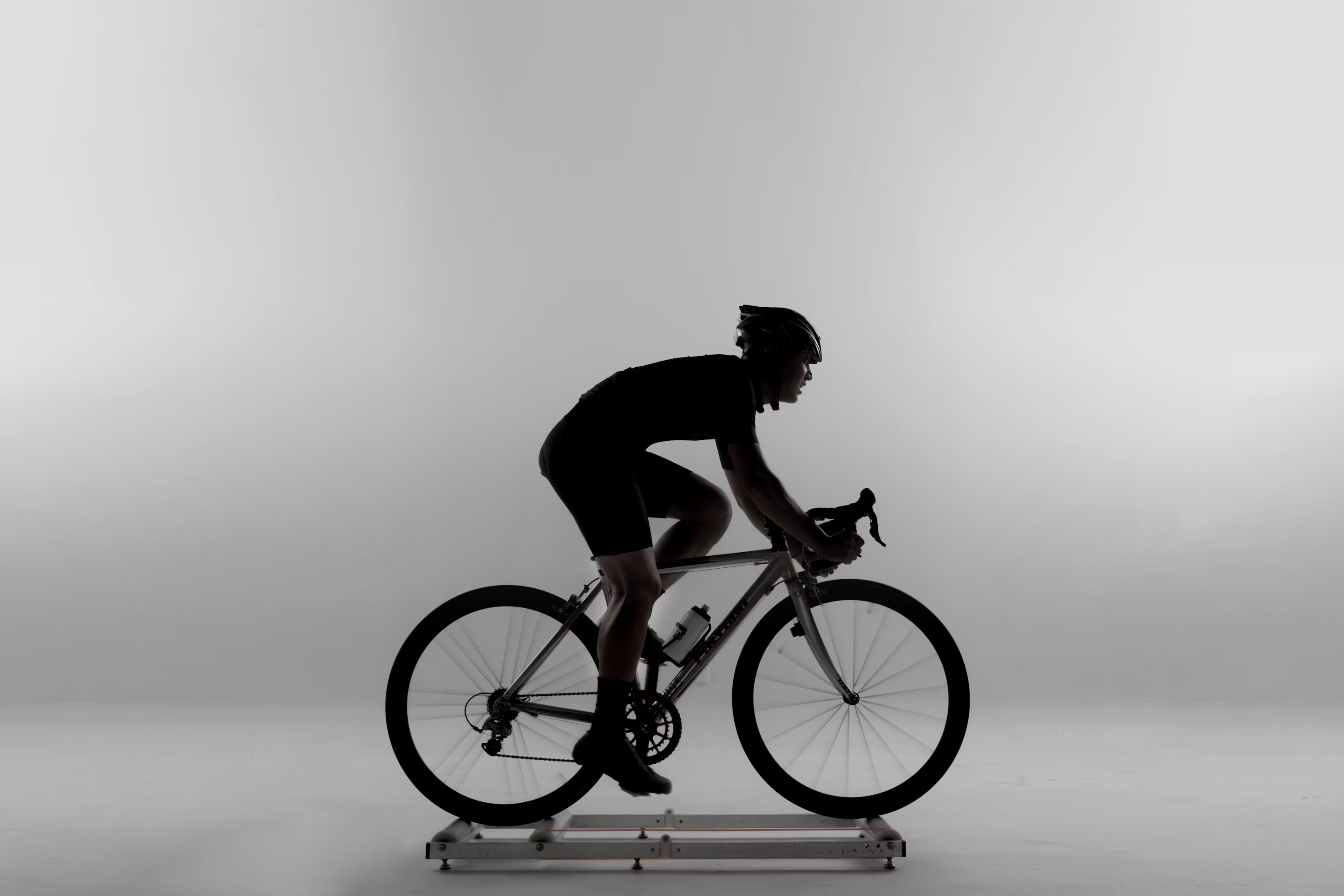
Get on the Trainer or Exercise Bike
Indoor cycling may be mild torture at best, but it’s a great way to stay in shape and build your endurance when there’s snow on the ground and temps are dangerously low. If you have the means, try out a spin class or put your regular road bike on an indoor trainer. Watch TV on the exercise bike at a local gym. You’ll feel amazing when it’s over!

Cross-Train for Better Rides
Stay in shape with workouts in the gym and other forms of cardio! Getting on the stairmaster will help your heart be ready for big hill climbs. Resistance training like squats, lunges, and deadlifts will strengthen the muscles in your lower body that allow you to pedal more powerfully on hills or intense speed efforts. Strengthening your core and upper body will also help with balance and get you out of the saddle easily on steep climbs.
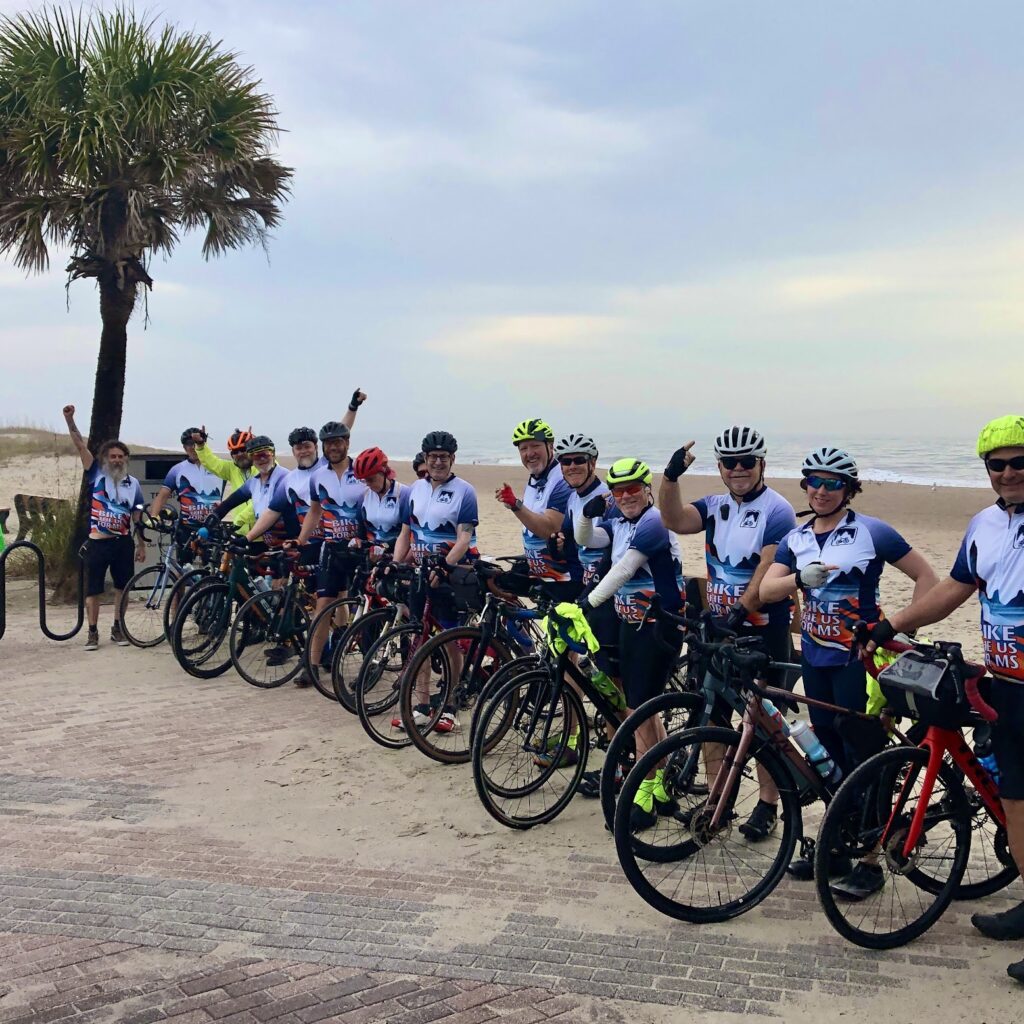
Sign Up for a Long-Distance Ride in a Tropical Place
If winter blues are hitting hard and you really can’t force yourself to get outside to cycle in the cold, why not take your bike to the tropics? Sign up for a ride based in Florida for a chance to escape the rain and snow with gorgeous cycling temperatures and sunny beaches.
Have any tips to share that have helped you stave off the winter training slump? Share them in the comments below to help out your fellow cyclists suffering from seasonal affective disorder!
